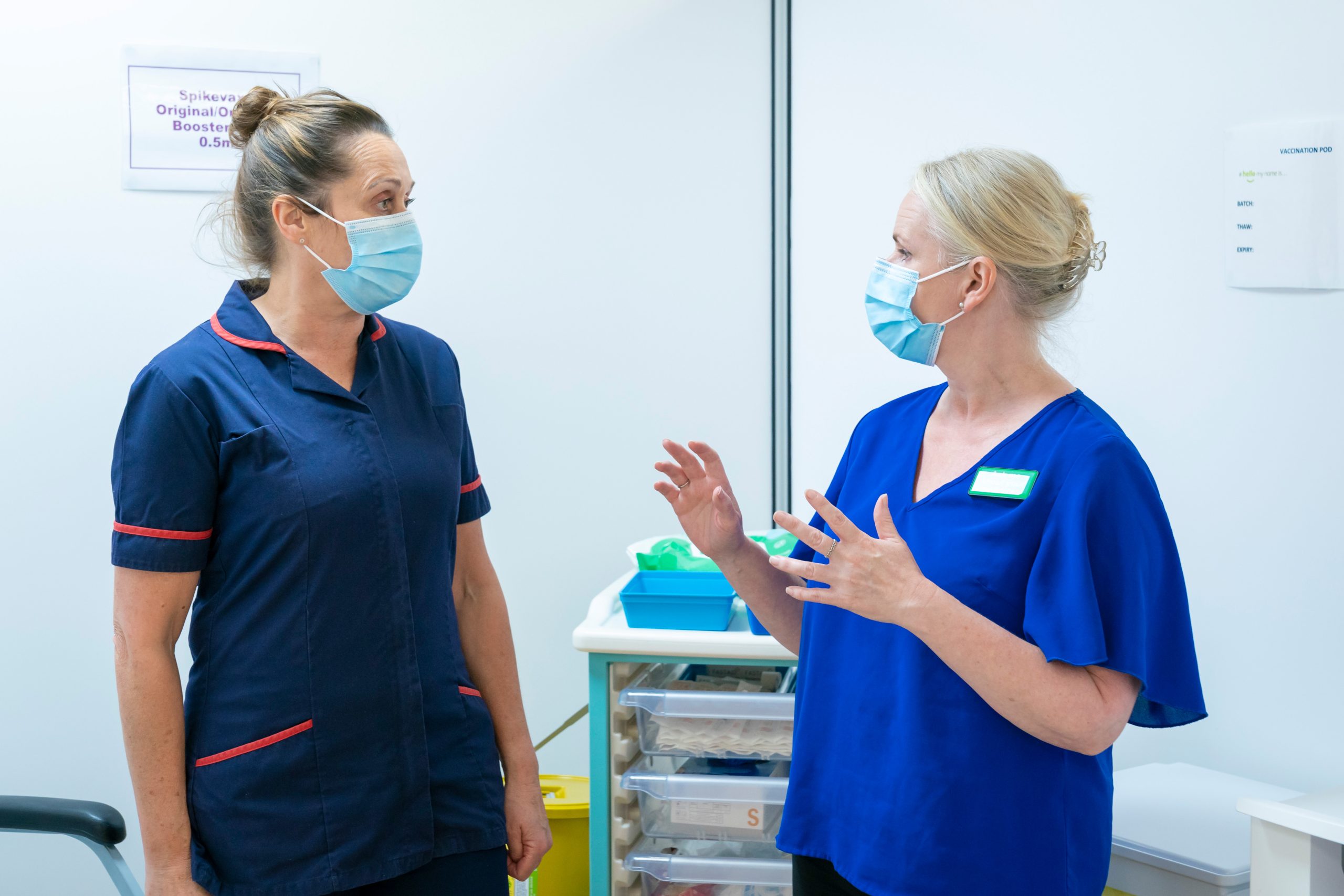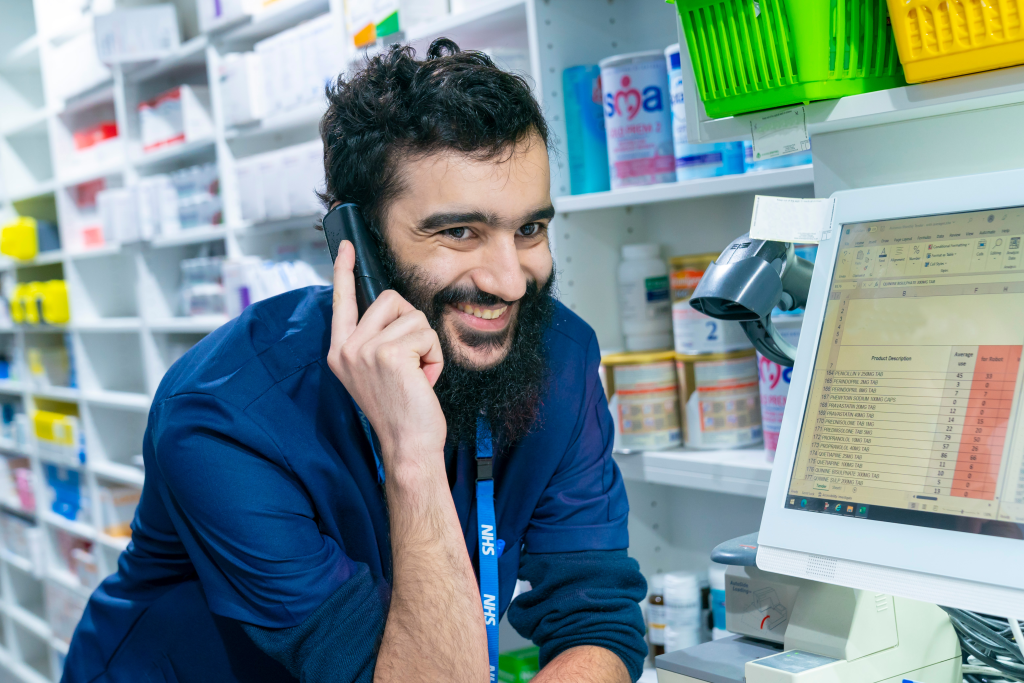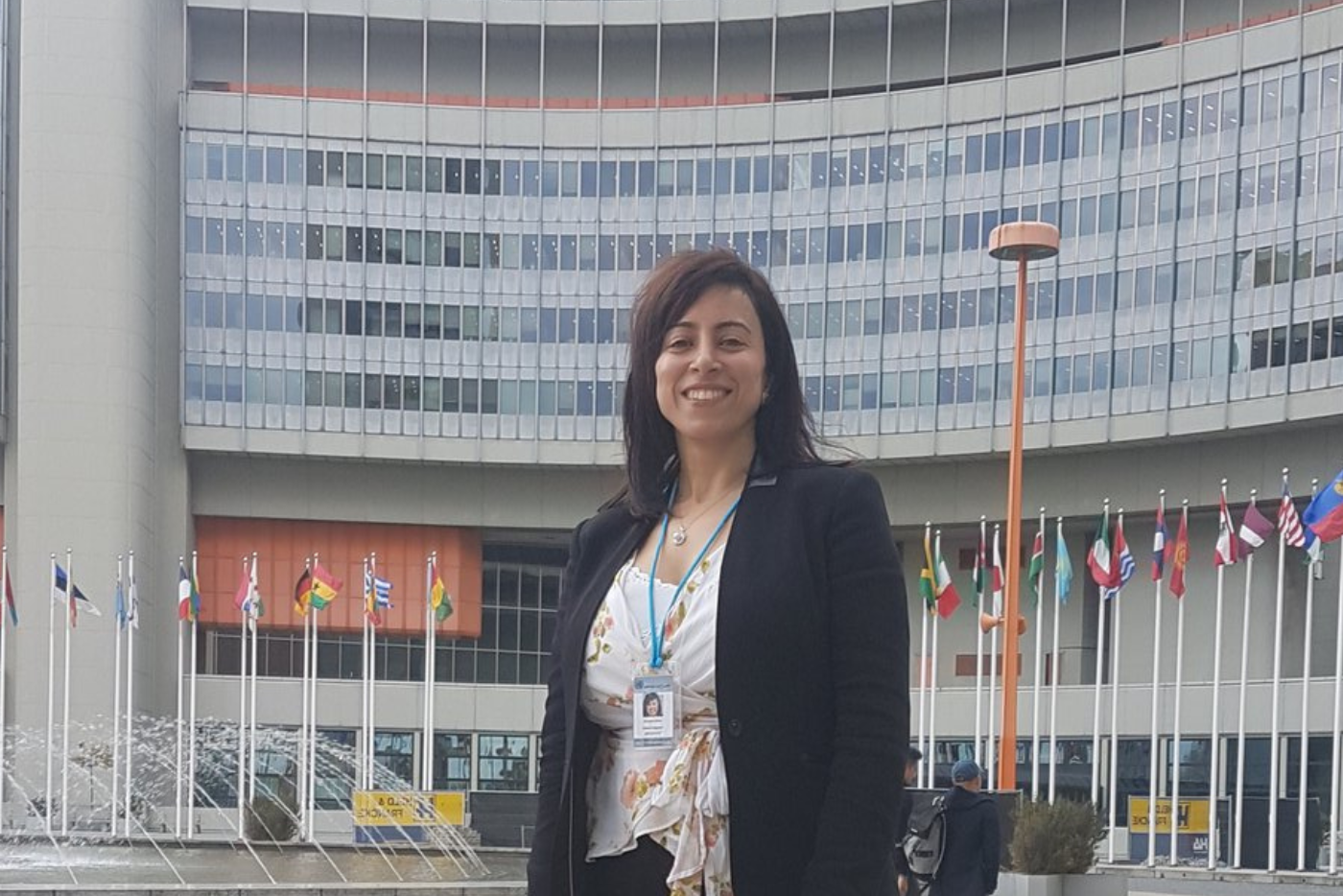
The satisfaction of knowing you’ve helped a fellow pharmacist to cope with a difficult period in their life is second to none.
On this page, one of our Listening Friends details how the act of volunteering benefits their mental health and wellbeing.

Whether you are a pharmacist, student or trainee there will be times when you need guidance, support or a friendly listening ear. This page outlines peer support, and how to access it.
Peer support involves connecting with colleagues who may share similar experiences and challenges as you or may understand them because of your shared profession.
This type of support provides a platform for individuals to share their thoughts, feelings, and experiences in a safe and understanding environment. It can be incredibly beneficial for emotional wellbeing, as it helps reduce feelings of isolation and stress by fostering a sense of community and belonging. Through peer support, individuals can receive encouragement and empathy from those who truly understand the pressures and demands of the pharmacy profession. Depending on the type of peer support it may also include practical advice.
For pharmacy students and trainees, peer support can also offer valuable insights into career development, study strategies, and navigating the complexities of their training. It helps build confidence and resilience by allowing individuals to learn from the experiences of others. Additionally, peer support networks can facilitate professional networking, opening doors to new career opportunities and collaborations.
Overall, peer support is a vital resource that promotes mental health, professional growth, and a supportive community within pharmacy.
Pharmacists
Many pharmacists will have times where they are working alone as a responsible pharmacist and sometimes may feel that they have no one to turn to for advice or support. This can be especially true for pharmacists in particular roles. Examples may be:
Pharmacists will be used to peer discussions as part of GPhC revalidation requirements. However, not all pharmacists may be aware of how they can access peer support at other times should they need it. Peer support can be vital in helping pharmacists to feel less isolated. Depending on the peer support you access, it can help you to take positive steps in your career and improve your mental health and wellbeing.
Pharmacy students
Peer support can be incredibly helpful for MPharm and OSPAP students. It can provide a space to share experiences and challenges with others who understand what you’re going through. This can reduce stress and feelings of isolation, making your studies more manageable.
Talking to peers can also offer practical advice on coursework, exams, and career planning. It can help build confidence and resilience by learning from others’ experiences. Peer support can also create a sense of community, helping you feel more connected and supported throughout your studies.
Students may choose to access peer support informally by discussing their studies with fellow students. This could also happen through study groups or WhatsApp groups. Some universities may offer the opportunity of accessing a peer mentor. This is where more experienced students guide and support newer students, offering advice on both academic and personal matters.
Trainee Pharmacists
Peer support can also be especially useful for trainee pharmacists. Some trainees will work and connect with other trainees during their placement. This may, for example, be most common for trainees in a hospital. This environment can provide a great opportunity to connect and learn from peers.
Many trainees will be the only trainees in their placement. This can be very common in community pharmacy placements. Some trainees can find this difficult and isolating when they have come from a university environment with regular contact with many peers. Connecting with others is a fundamental human need and one of the five ways to wellbeing. Connecting with others with shared experience during what can at times be a challenging training year can be important for your wellbeing and your progress.

There are many types of peer support, you just need to find the right one(s) for you!
Whether you are a pharmacist, student or trainee there will be times when you need guidance, support or a friendly listening ear. This page outlines peer support, and how to access it.
Here are some different types of peer support that pharmacists, students and trainees may consider accessing.
Emotional peer support
Emotional peer support for pharmacists, students, and trainees includes services such as our free and confidential Listening Friends service. This type of support offers a safe space to talk about personal and professional challenges, helping to reduce stress and improve mental well-being.
Find out more about Listening Friends
Coaching
Coaching for pharmacists involves support from a coach who can help pharmacists develop their careers. Coaches can help pharmacists overcome work challenges, improve their skills and achieve their professional goals. Coaching can be tailored to individual needs and focuses on personal and professional growth.
The Centre for Pharmacy Postgraduate Education (CPPE) offers a coaching service to help pharmacy professionals achieve specific work-related goals within a supportive framework.
Mentoring
Mentoring for pharmacists pairs less experienced pharmacists with seasoned professionals. Mentors provide guidance, share knowledge and offer career advice. Mentoring helps pharmacists navigate their career paths and develop their professional skills.
The Royal Pharmaceutical Society (RPS) mentoring service connects pharmacists with mentors to support career development and professional growth.
Advice and guidance
For professional advice and guidance, pharmacists may wish to speak to other pharmacists or legal advisors who are also pharmacists. This can be on topics ranging from medicines to ethical dilemmas and fitness to practise matters.
The Pharmacists’ Defence Association (PDA) offers advice and support on employment rights, legal issues, and fitness to practise concerns. The PDA also has member networks. These include Equality, Diversity, and Inclusion (EDI) networks such as the National Association of Women Pharmacists (NAWP), BAME Network, Ability Network and LGBT+ Network.
The RPS one-to-one Support Line for Professional Advice provides RPS members with professional advice on a wide range of topics, including career guidance and clinical practice.
Sharing and debriefing with colleagues
Sharing and debriefing with colleagues involves regular meetings where pharmacists can discuss their experiences, share insights and reflect on their practice. This helps pharmacy professionals to learn from each other and therefore improve patient care.
Online pharmacy forums and social media sites
Online pharmacy forums and social media sites are digital platforms where pharmacists, students, and trainees can connect, share information, ask questions and support each other. These forums provide a convenient way to stay connected and access peer support.
Platforms such as such as LinkedIn, Facebook and X, and forums such as Reddit and the Student Room have a range of pharmacy sites and pages. It is important you only share information you are comfortable with and be careful about maintaining patient and colleague confidentiality. Also bear in mind professionalism when online and the GPhC has guidance on this.
Workshops, training and webinars
Educational sessions can provide learning opportunities and peer interaction. These may cover professional topics such as clinical learning or patient care. They can also cover other topics such as managing stress as a pharmacist, time management, or assertiveness. Our hosted wellbeing workshops can be a great opportunity to connect with colleagues to discuss wellbeing in pharmacy.
Find out more about our workshops
Student study groups and student peer mentors
Student study groups are gatherings where pharmacy students come together to study, discuss course material, and prepare for exams. Traditionally, these groups provide a collaborative environment that can enhance learning and help students support each other academically. However, students may want to open the group to cover other topics such as sharing wellbeing tips.
Student peer mentors are experienced students who offer guidance and support to newer students. They help with academic advice, navigating university life, and can provide a friendly ear for any concerns. Pharmacy students may wish to ask their university about any peer support options available or may even consider starting a group or becoming a mentor.
Networking, like the opportunities offered by the British Pharmaceutical Students’ Association (BPSA) provides an opportunity to network with fellow students, senior peers, sponsors, distinguished members of the profession, and individuals in the pharmaceutical industry. Get access to multiple annual events, with opportunities to work on your soft skills, professional development and make a name for yourself in the profession.
As healthcare professionals, there are a few areas you will need to consider before and during your peer support. These include:
Confidentiality
Confidentiality is crucial; be clear on what can or can’t be shared outside the group. For peer support like coaching or mentoring, a contract that includes a confidentiality agreement can help.
Misunderstanding
Misunderstanding what a type of peer support can provide is another issue. For example, asking for advice from a peer who can only offer emotional support. Being clear on what the type of peer support offers can help both parties understand their roles.
Disagreement
On occasion, pharmacists might disagree with peers on how to handle a situation. Open communication and respect are key. Also, seeking professional advice from organisations like the RPS or PDA can help resolve issues.
Comparing
Comparing yourself too much to peers can have a negative impact, especially if you feel you’re not progressing as quickly. For example, a trainee comparing themselves to other trainees and feeling down if they don’t complete their training or pass the registration assessment as quickly. Remember, everyone’s experiences are unique, and you don’t have to be the same as your peers.
This page was reviewed in September 2025.

On this page, one of our Listening Friends details how the act of volunteering benefits their mental health and wellbeing.

This page includes guidance and support on how to build positive relationships in the workplace, with a short self-study module to help you cement learnings. …

Amira Guirguis is the MPharm Programme Director at Swansea University Medical School. In this story, she shares how her team has fostered a positive workplace wellbeing culture.